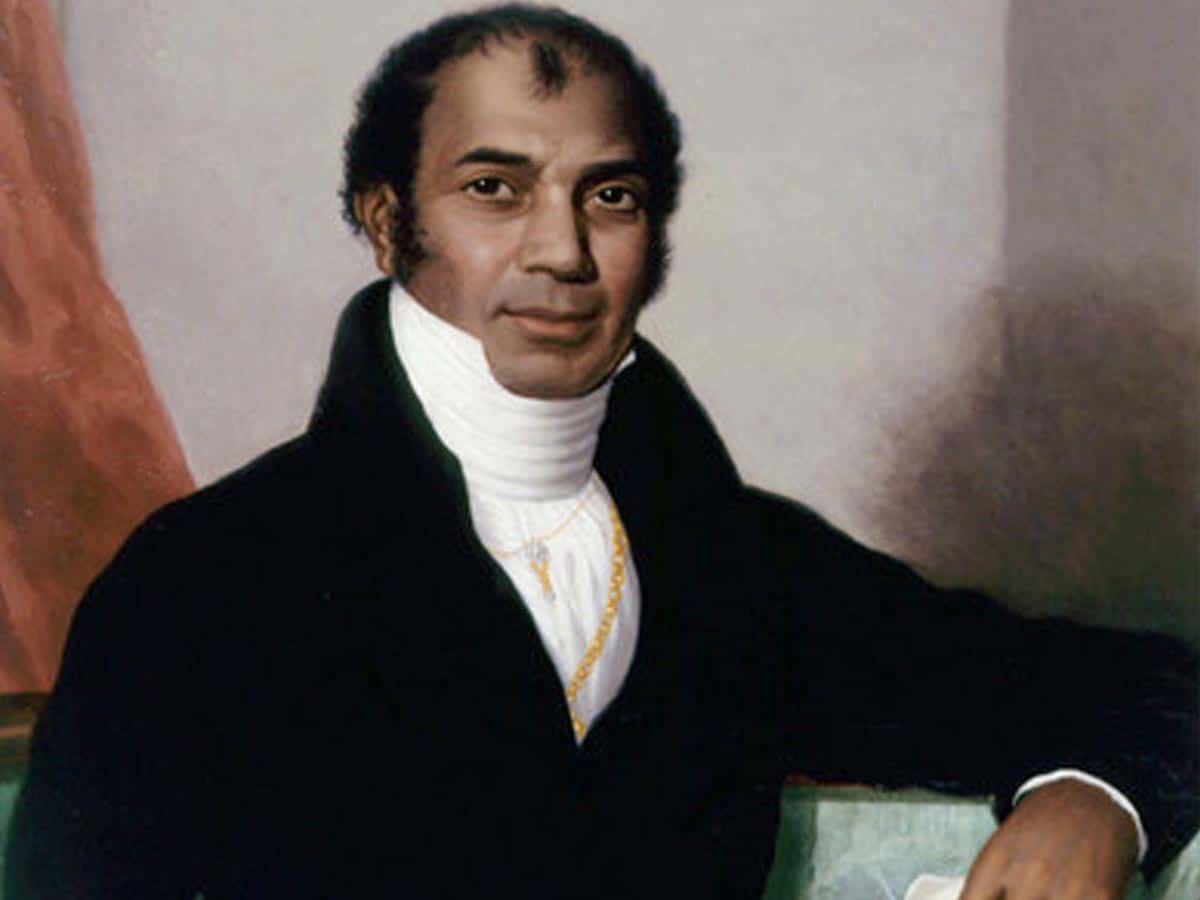
Nowadays Indian cuisine is hugely popular throughout the world. According to the Encyclopedia Britannica, the dish chicken tikka masala is considered to be one of the national dishes of Great Britain. An entry in the encyclopedia notes: “The dish has taken on large cultural significance in Britain. It is widely considered to be one of the country’s national dishes.” But who was the first Indian man to take Indian food to the UK in an effort to popularise it there?
It was a man named Sake Dean Mahomed. That was how the Englishmen spelled the name but we can surmise that the name must have been Shaik Deen Mohammed. However official records mention his name as Sake Dean Mahomed and he too had no qualms in writing his name with that spelling.
He was born in Patna in 1749 and went on to become a traveler, soldier, surgeon, entrepreneur, and one of the earliest immigrants to Europe from India. According to historian and author William Darymple, Dean Mahomed was a charming and sharp witted man.
Father served in East India Company
Dean Mahomed’s father served in the East India Company’s Bengal army which recruited its soldiers from the regions around West Bengal and Bihar. According to British historian Michael H. Fisher, Dean Mahomed’s father was recruited by Robert Clive himself during a recruitment drive in the town of Buxar in Bihar.
But since his father was often away from home while serving the army, the boy Dean Mahomed grew up in the care of his mother in Patna. One day when he was only 11 years old, news arrived that his father had been killed in a battle.
His father must have been a brave man and the same blood flowed in the veins of Dean Mahomed. He too joined the army of the East India Company as soon as he was old enough to do so. An Anglo-Irish officer by the name of Captain Godfrey Evan Baker became his mentor and guided the career of the active young lad.
The duo formed an unusual but firm partnership and there existed a strong bond between the two. Finally when Captain Baker retired from the army in 1782, Dean Mahomed also resigned his job and went off to Ireland with his friend and mentor. Dean Mahomed’s energetic and restless nature now compelled him to try his hand at many occupations.
Opened an eatery in London
In 1784 Dean Mahomed settled in the town of Cork in Ireland and married a local girl there by the name of Jane Daly. After a while Dean Mahomed had the idea of opening an Indian restaurant in the UK. He moved to London and opened an eatery which was named Hindustanee Coffee House in George Street in central London.
The restaurant offered its customers the experience of smoking a Hookah and tasting authentic Indian dishes prepared by the top chefs of India. The restaurant also provided a home delivery service.
But although it got off to a bright start, after one year the business ran into financial difficulties and by the end of the second year it was forced to close down. After this, for the next 80 years there was no Indian eatery in London according to an article in the Friday Times. In the 20th century they began coming up again with the opening of the Salut-e-Hind in Holborn in 1911 followed by The Kohinoor in Roper street and Curry Cafe in Commercial street in the 1920s.
Started a shampoo cum massage center
But the closure of the Hindustanee Coffee House did not dampen Deen Mahomed’s enthusiasm. He now started a shampoo and head massage service (champi as it is known in India). This was the first ever seen in any European country. The building was located on the seafront and the Englishmen were offered therapeutic baths, shampooing and massage with Indian hair oils.
Dean Mahomed’s wife Jane supervised the ladies section and the venture became a big success. The therapeutic effect of the hair massage with oil was recognised when hospitals began referring their patients to him. He became the official “shampooing surgeon” to King George IV.
But unfortunately in his case, fame did not go hand in hand with fortune and once again he ran into financial problems. He wrote a book about his experiences. In this too he was a pioneer. He was the first Indian to publish a book in England. But after all this, his health began failing and he passed away at the early age of 32.
Several tributes to Mahomed’s legacy have taken place even in the 21st century. On 29th September 2005 the City of Westminster unveiled a plaque commemorating the opening of the Hindoostane Coffee House. On 15th January 2019, Google recognised Sake Dean Mahomed with a Google Doodle on its main page.
But perhaps the greatest acknowledgement has come from the people of the world, namely every person who now loves Indian cuisine. They may not know that it was first popularised in the west by Sake Dean Mahomed but he is now recognised as an entrepreneur with courage and vision.
